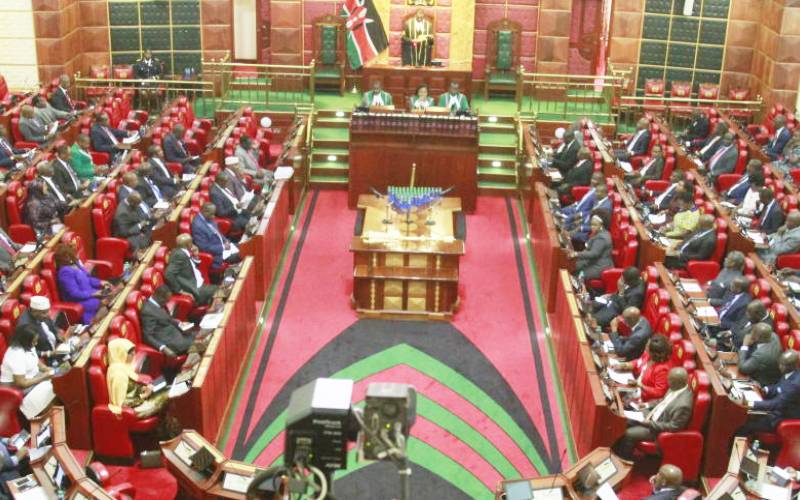×
The Standard e-Paper
Stay Informed, Even Offline

I am not sure how the different initiatives geared towards constitutional amendments will help increase the financial allocation to the counties. Regardless, I have a few ideas for consideration.